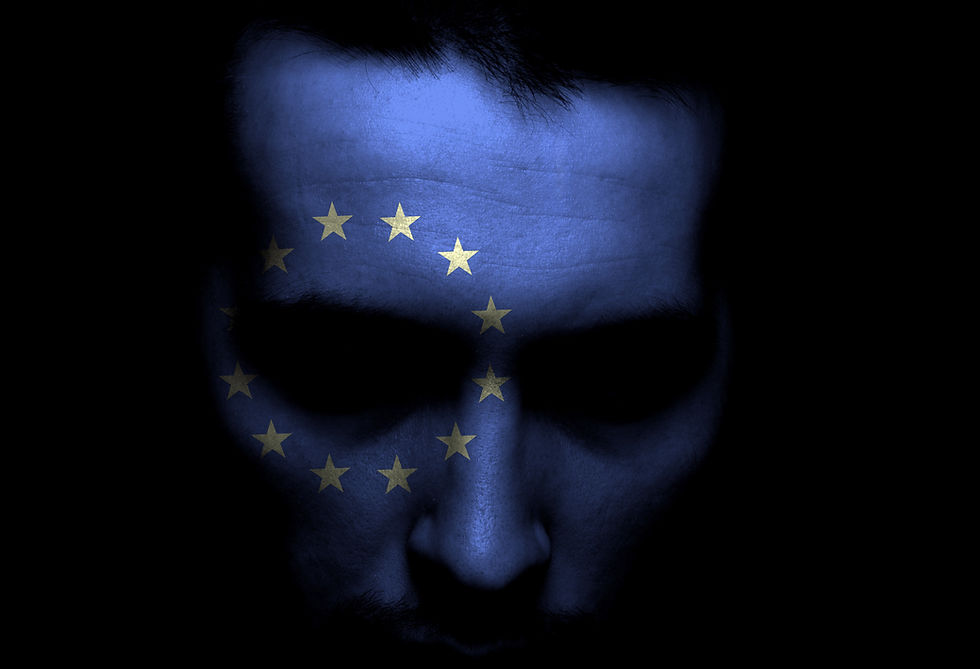Learnings from the C8 Copyright Seminar: Digital Single Market and beyond.
- Léah Karcenty
- Jun 28, 2019
- 3 min read

Mary Honeyball got the C8 Associates ball rolling by presenting the ambitious program of the European Union for the digital single market to a captivated audience, composed of intellectual property officers, lawyers, scholars, and copyright professionals. She reminded us that the EU agenda aims to provide a wide regulatory framework for the digital sphere ensuring, for the online world, the free movement of persons, services and capital, under conditions of a high level of data protection and fair competition.

She specified that although the United Kingdom’s involvement in this agenda might feel very short term, as the country may or may not be part of the European Union by the 31st of October, it does matter on a broader scale. Indeed, the digital sphere, which crosses borders, has a global reach. The developments she presented are therefore of paramount importance.
During her enlightening intervention, the former MEP addressed what she considers to be the « biggest victory » of the Digital Single Market program: the Copyright Directive. Involved in its drafting since the very beginning, she knew there would be many difficulties to overcome, not only because copyright legislations differ among Member States, but also because of the « emotional involvements » of the opposing interests at stake. Following the « anti-directive » lobbies’ campaigns, it has been largely but wrongly argued that the protection of creators would occur at the expense of internet users’ free speech.
However, Ms Honeyball rightfully pointed out that Member States are genuinely concerned with freedom of expression, which clearly reflects in the wording of the controversial Article 13 - newly re-numbered Article 17. Reassuring the absorbed listeners, she emphasised, that the monitoring obligation would not result in any censorship. Furthermore, she recalled us that the European Union is intrinsically willing to bring broad interests together and put them in balance, which is precisely what was achieved through the startup exception in Article 13.
She admitted that although the copyright directive did not « save the internet », it prevented the worst to happen.
Having said that, Mary Honeyball pointed out that the European Union initiatives for the Digital Single Market are not limited to copyright, but are going way beyond it. She also explained that the European Union policies for the digital market are a part of a long-term strategy and tackle diverse areas, including e-commerce, e-privacy, geo-blocking, and data economy, amongst others. She raised the issue of artificial intelligence and applauded the work of the European Union in this area. Yet, she noted the lack of interest of the United Kingdom and other Member States on AI. She stressed the necessity for Member States to become more proactive, by taking initiatives in relation to artificial intelligence. Indeed, dear Member States please act, it is not breaking news that this new technology is most likely to have major implications in a near future for any citizen’s daily life.
In the end, on a broader view, Mary Honeyball asserted that the digital sphere needs to be regulated and that creative industries require strong support, or else the internet will lose what makes it such a good asset. The online world is a space for sharing knowledge and creations, and Ms Honeyball made it clear that the European Union intends to (re)shape it as a safe and fair place for everyone.
C8 Associates is a consultancy dedicated to taking creative and digital businesses to the next level. C8 is working with clients on Brexit plans, managing risk, exploiting opportunities and validating Brexit plans.
For more detailed results from this expert opinion survey, please contact Dominic McGonigal directly at dominic.mcgonigal@c8associates.com

Léah Karcenty is a student of IP Law at Queen Mary, University of London





Comments